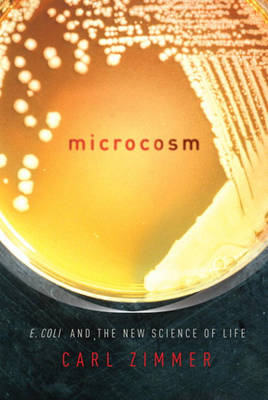In 1946, a medical school student called Joshua Lederberg decided to find out whether microbes make love. Lederberg was motivated not by a displaced libido, but by scientific ambition. At the age of seven, he had declared that he hoped to become 'like Einstein' and to 'discover a few things in science'. The 'few things' Lederberg discovered would revolutionise modern science and earn him a Nobel Prize. In his experiments on the breeding habits of the bacterium Escherichia coli, Lederberg used defective E. coli strains which, unable to reproduce by cloning, ought to have perished in the petri dish. However, the few colonies of survivors that began to spread across the dishes enabled Lederberg to prove both that bacteria have sex as well as genes. Zimmer uses E. coli, usually known for its lethal strain that causes food poisoning, as a prism to understand what life is, what it was, and what it will become.
- ISBN10 0307377563
- ISBN13 9780307377562
- Publish Date 6 May 2008 (first published 1 January 2008)
- Publish Status Active
- Imprint Vintage Books USA
- Format eBook
- Pages 189
- Language English
